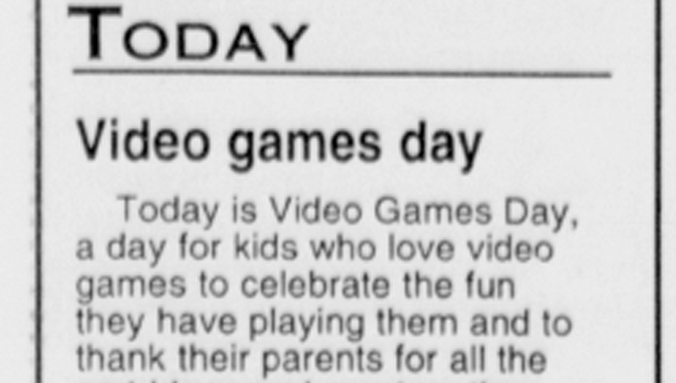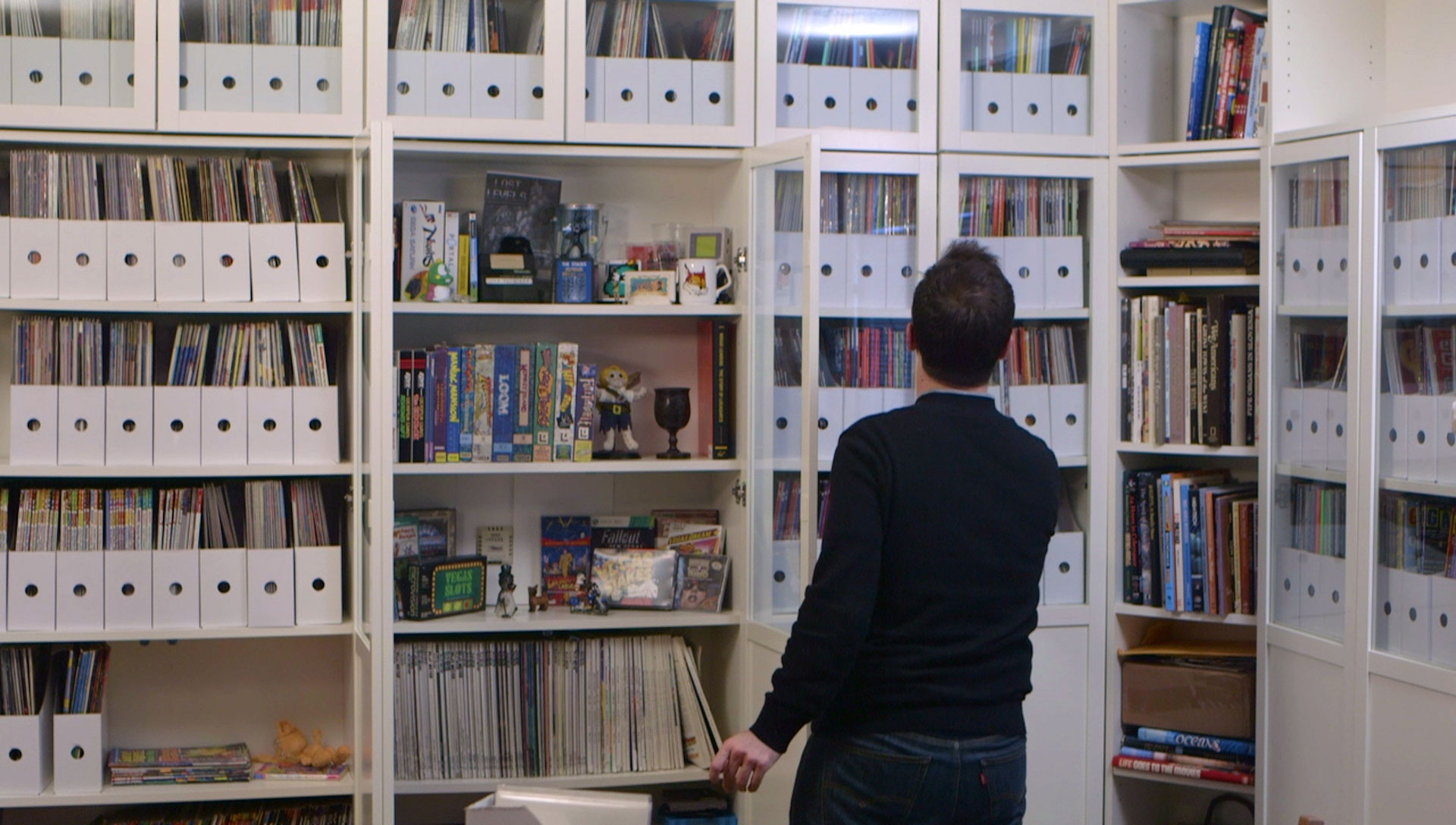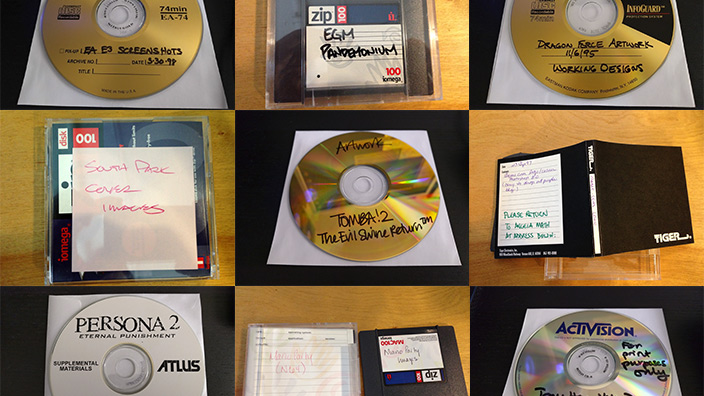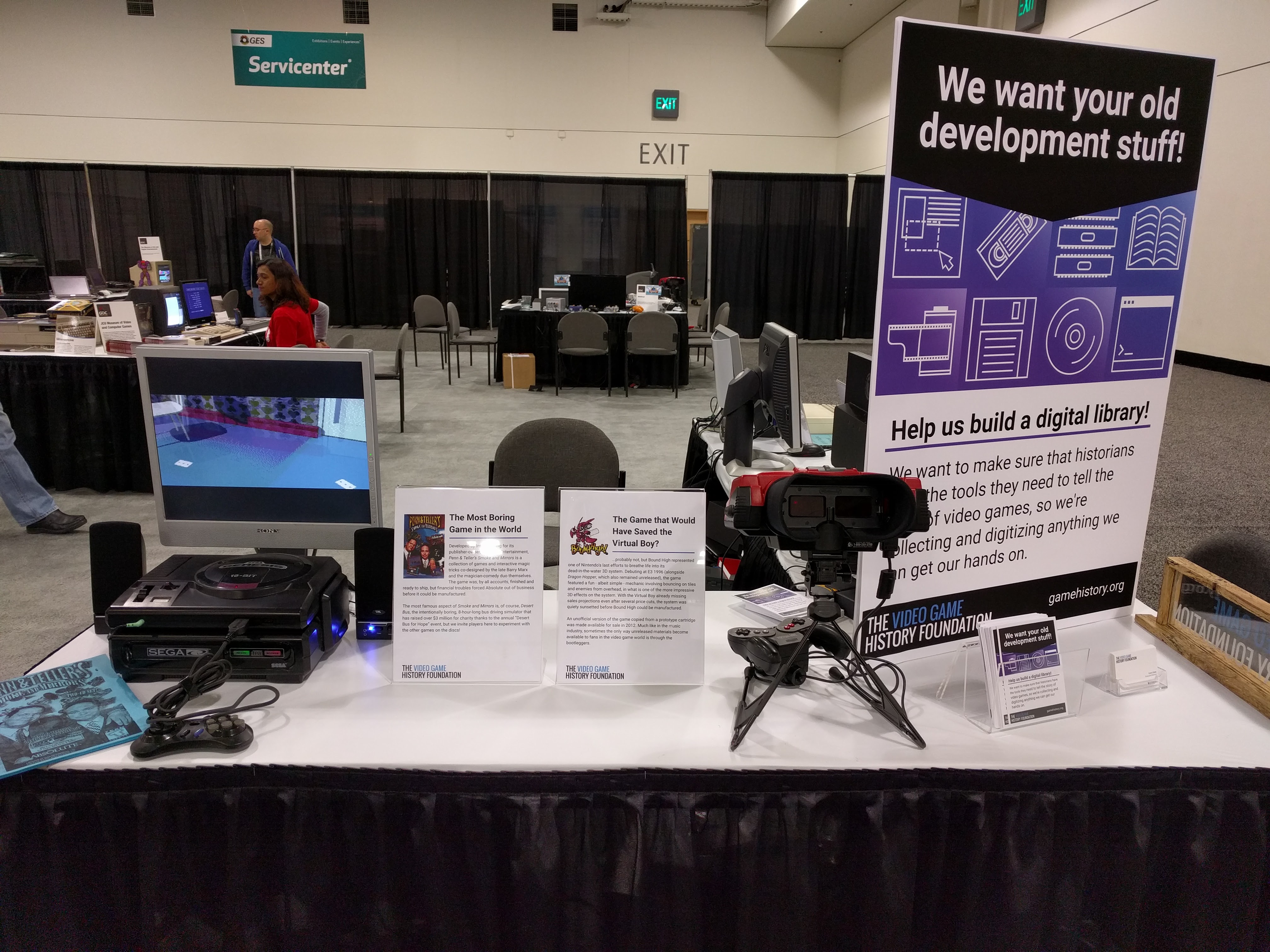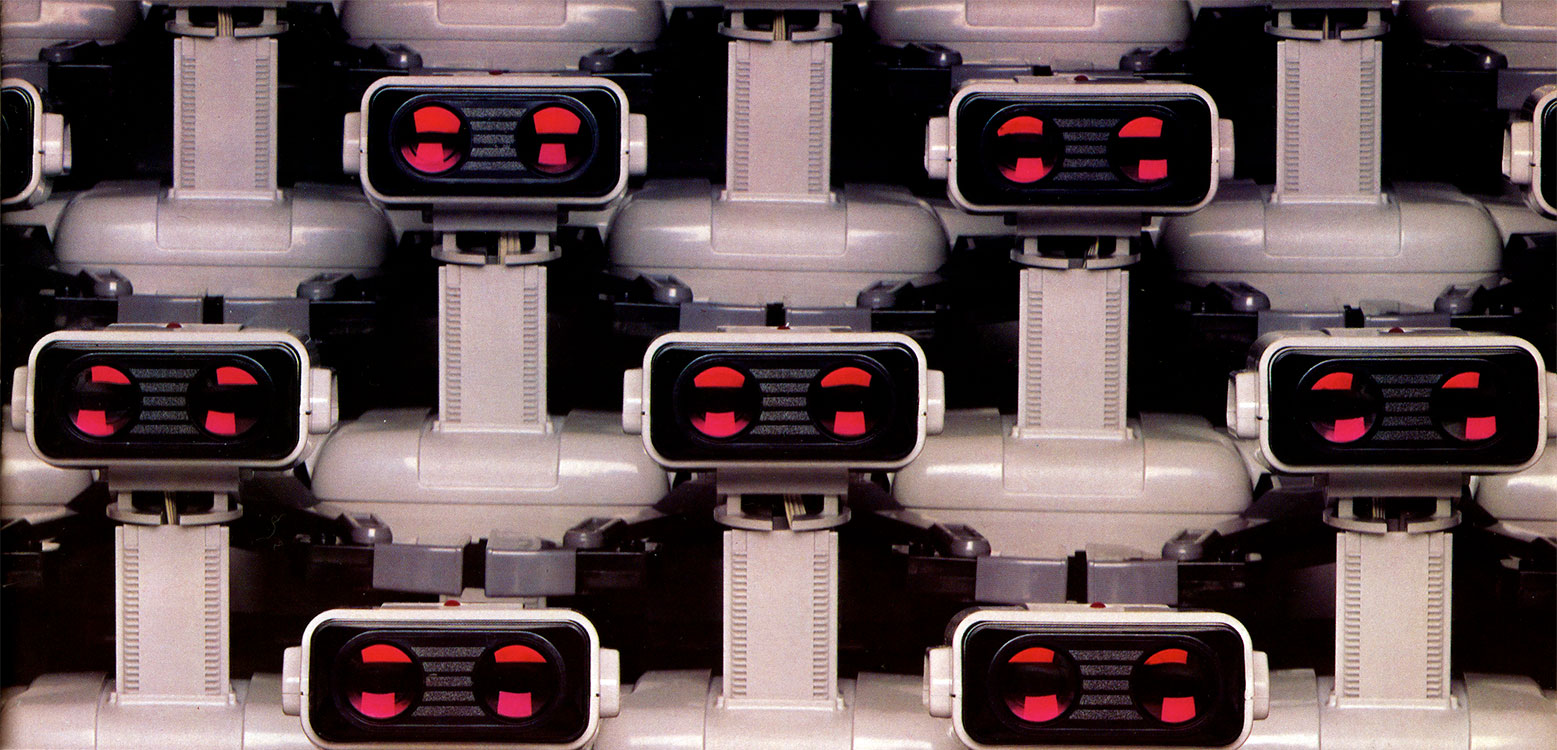It’s being widely-circulated that today is National Video Games Day. It’s so widespread that as I write this, #VideoGamesDay is trending on Twitter. Game, one of the UK’s largest video game retailers, is basing a sale around it (despite its “national” origins being in the U.S., but we’ll get to that!). Chuck E. Cheese is…
When we launched the Video Game History Foundation back in February, our goal was to make sure that researchers had access to the materials they would need to tell the stories of our past. We believe that given the right tools, we can not only reconstruct history that might otherwise be lost, but gain new…
The Video Game History Foundation’s Video Game Media Assets Collection is an archive of digital material originally intended for use in media publications. This material is typically generated by a video game publisher and sent to a publication for use, though our collection also includes materials that were generated by the publications themselves, including photography…
When it comes to the preservation of console games of the 1990s, the development work that came out of Korea tends to get overlooked by many historians and archivists. And it’s not hard to see why: these games were usually only sold in Korea and, even then, in what seem to be pretty small quantities.…
We were fortunate enough to have a space at GDC 2017’s first-ever Retro Play area, alongside a handful of other organizations. We had three main goals with our display: Promote our “We want your old development stuff!” campaign, which encouraged game developers to archive their old materials so that historians of the future can tell…
In developing the Foundation’s Digital Library, one need we identified early on was the ability to house special collections – that is, groups of related media, typically all tied together by one subject matter. One of our core beliefs is that historians are missing many of the tools needed to tell the stories of video games, so…
